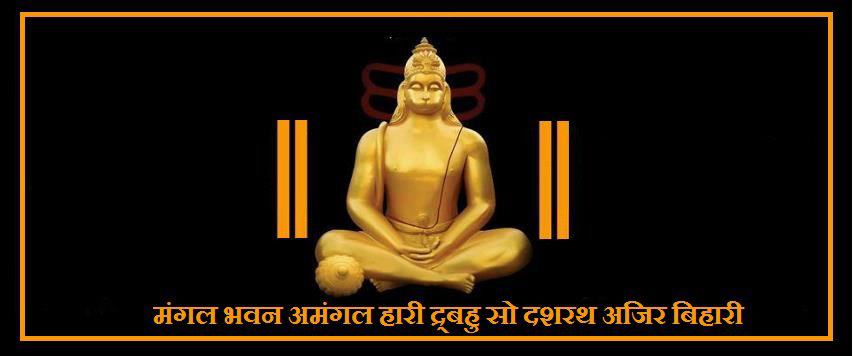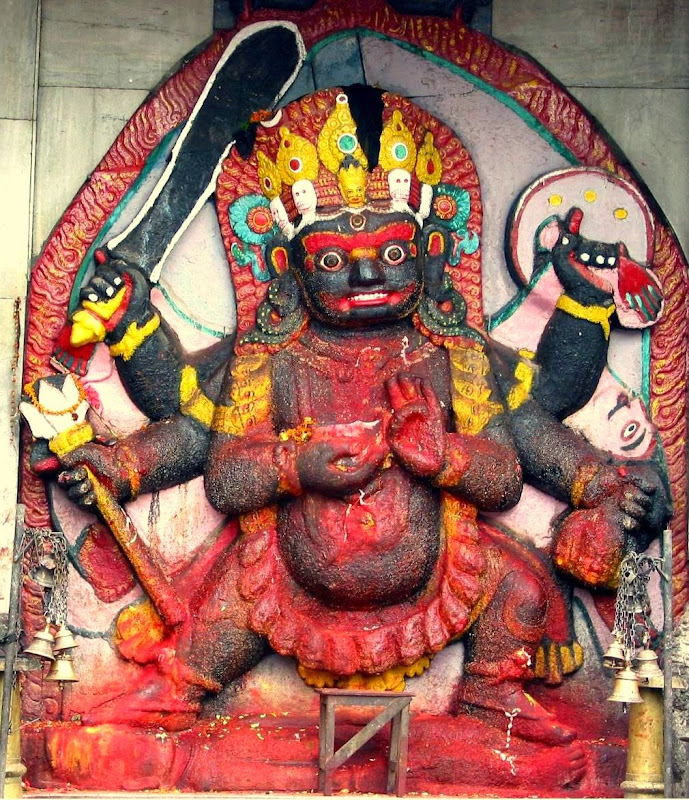What is in a Name or a Surname ?
A name is something by which we are known to the world or society,it is an essential part of our image.
In astrology we use the term “ARUDHA” which is a sum of things visible about a person. It is about public perception of a person.the foremost being the name and surname e.g any one can have name Subhash but only a few can have the name “Subhash Chandra Bose”
Our names may be the ones which are given to us by our parents, nicknames by friends,family as well as by enemies but it is the Surname which we inherit.
A person is addressed by nicknames and first name in closed circle and formally through his surname in official circle like Mr Barack Obama is usually addressed as Mr Obama, Mr Jawahar lal Nehru is addressed as Mr Nehru and most of us know Mohandas karamchand Gandhi as just Mr Gandhi.
A Surname is the first thing a child inherits from his father on which his other inheritance claims are based upon.
The question arises why only Father’s Surname – why not of the Mother ?
Can a child inherit or use surname of someone else or mother in place of father’s surname? the answer is YES. a child may use surname other than that of biological father.it has been permitted in history and is legally permissible in today’s date but under specific conditions.
Lets see the conditions now:
(A) The child is born into a matrilineal society. while India is mostly a patrilineal society there exist matrilineal societies where females are family head and inheritance passes from mother to daughter.
The rights and responsibilities lie with mothers family, husband stays with wife in her maternal home and child has no right on paternal property.
https://en.wikipedia.org/wiki/Matrilineal_society_of_Meghalaya
https://en.wikipedia.org/wiki/Matrilineality
(B) In chandayoga upanishad we come accross the story of Satyakaama.
“Satyakaama” was son of a courtesan “Jabala” .when he was of school going age ,just like his friends he went to ashrama of Rsi Gautama to enrol as a brahmchari(student). The teacher asked him his name and his fathers name and the young Satyakama told that he does not know the name of his father .The teacher advised Satyakaama to enquire from his mother and come back the next day.
Satyakaama asked his mother about the name of his father . Jabala,his mother told him that she worked in palace and was in contact with a few men and she does not know who his father really is. She told him to disclose this to Rsi Gautama and tell him that his name is Satyakaama Jabala because he is son of Jabala.
Satyakaama told Rsi Gautama what he had learnt from his mother and the Rsi took him as his student saying that a person who has the guts to speak truth is indeed a “Brahmin” and thus eligible to study the vedic texts.
This child later became a seer himself and is known as author of Jabala upanishad.
there do arise unfortunate instances where a child is born without marriage and mother or father or both of them are not able to disclose/admit the paternity of child,such a child can use surname of mother because the father is not disclosed.
Hon Supreme court of India has upheld this view in judgement ABC vs State(2015)
. this judgement gives relief to children born without legal or social proof of marriage between their parents and allows using mother’s surname making mention of father name irrelevant in such cases. natturally child has no legal rights in property of biological father.
https://indiankanoon.org/doc/162566950/
(C) There existed a system in ancient India known as Putrika.
I have in past posted about this.India being a patriarchal society gives the male children responsibility of funeral rights and associated duties like shraddha , pitri tarpana.
In case a person has no male children his daughter may be married as a Putrika by informing the groom beforehand.The first male child born out of such a wedlock used to be responsible for performing such duties and become legal heir to his maternal grandfather.The marriage used to end with mother coming back to father’s home with child inhering maternal grandfather’s surname. In variation the marriage continued ,child inherited father’s surname and responsibility of performing ancestral rights for both families and was a legal heir to assets of both families.
the system is treated as obsolete by Indian Law .
https://www.legalcrystal.com/dictionary/definition/103807/putrika-putra
http://www.herenow4u.net/index.php?id=65594
(D) adoption : If the child of undisputed paternity is legally adopted by maternal family of child ,upon completing the legal formalities which include a no objection certificate from the biological father who happens husband or ex husband of mother. In such a case the child can use surname of mother/maternal grandfather instead of using surname of father.
Of late there seems to a trend of abolishing father’s surname and using mother’s surname in name of woman empowerment or in name of child welfare by claiming absence of father without examining child alienation by mothers.
Indian courts treat father as the legal guardian of children (above age 5) hence the father is given the responsibility of maintaining the child in case of undisputed paternity .
In Mahabharata we come accross the boon by Rsi Durvaasa to Kunti through which she could summon Devas to beget children.
Her trial with the mantra resulted in birth of Karna.
after her marriage as Pandu was not in able to become father due to debilty and curses Kunti again used the mantra to beget Sons
through Dharmaraja: Yudhishtira
through Vaayu : Bheema and Arjuna through Indra
Nakula and Sehdeva were born to Madri through Ashwani Kumaras by using the same mantra.
they were knows as Pandava- sons of Pandu.
as the paternity was not disputed by either their mother or others the Pandavas known to be sons of Pandu could claim a portion of Kingdom. Being sons of Indra, Vaayu and Dharmaraja and Ashwani Kumaras how could they be legal heirs to the kingdom ?
I am told even today same holds true: a child born to a married woman through a man who is not her husband inherits surname and property of her husband unless the paternity is challenged and proved.
Changing Surname of child is taking him away from his identity and forcing coercing him to do so is morally and legally wrong as you give him an additional reason to ask himself : Who Am I ?
A child is not a tool of settling personal scores among battling parents, a child is someone to be taken care of within the means of parents.Sooner we learn this sooner we shall be acting in the direction of a better society for them.

